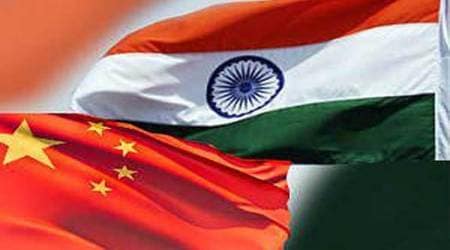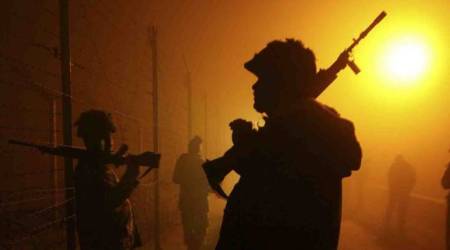 Manodhairya scheme offers financial aid to victims of rape, child sexual abuse and acid attacks. (Representational Image)
Manodhairya scheme offers financial aid to victims of rape, child sexual abuse and acid attacks. (Representational Image)
IN 2014, a year after she was raped by nine men in Mulund, a 38-year old survivor deposed before the court. In her testimony, she told the court that she continued to have abdominal pain. Even over a year after the brutal sexual assault, she said, she had not recovered physically or mentally. The men were convicted in February this year based on her deposition, but the survivor is now untraceable.
The court’s direction to grant her appropriate compensation remains unfulfilled. A police officer in the investigating team said the victim had since returned to her village, and no trip was made there to trace her.
As the crime took place before the previous ‘cut-off’ date of October 2, 2013 for the state’s Manodhairya scheme — which offers financial aid to victims of rape, child sexual abuse and acid attacks — the survivor was not eligible for the compensation.
A new Government Resolution (GR) issued on August 1 extends this date to 2009, but makes no mention of the District Trauma Teams set up under the earlier GR, which would have been best equipped to trace a victim such as the Mulund woman. Under the Manodhairya scheme as implemented before the revising GR of August 1, these teams were appointed in every district to provide immediate assistance to victims.
The team included officers from each police station, medical officers, psychiatrists and nurses of district, taluka and village-level hospitals, staffers from primary health care centres, probation officers, protection officers under the Domestic Violence Act and child protection officers from the district’s Women and Child Development (WCD) department.
The scheme also envisioned coordination between the teams to ensure aid to the victim throughout, including in filing FIR, medical treatment, seeking compensation and other rehabilitation needs. Though it remains unclear whether these teams will exist as the new GR has skipped mention of them entirely, victim support groups say the need was actually to strengthen them.
“Though the teams were set up as per the GR in 2013 and were expected to reach out to victims for assistance, it was not happening on the ground,” said Usha Subramanian, co-director, Prerana Aarambh Initiative, which works with victims of child sexual abuse.
“There was a need to publicise them and make the teams visible, so that people knew their roles and responsibilities in providing assistance to victims. Not mentioning them is a regressive step,” she added. Subramanian said that the role of these teams would have gained more significance due to the other “roadblocks” introduced in the new GR, such as additional paperwork for victims to access aid.
The situation may be specially grim in rural areas, where the nearest police station or hospital is many kilometres away. “We were given a list of members of the trauma teams, but many of them were not aware they were on the team. For victims in rural areas, access to district-level authorities is not easy,”said Pravin Khandpasole, director of Disha, an organisation based in Amravati district which works on creating a legal, social and policy framework for victims.
“Members at the village and taluka level can facilitate that. The government should ideally assess in how many cases have these teams been of assistance to the victims,” Khandpasole added.
Other experts point out that there was much to improve in the scheme, which has been ignored. It was while responding to a PIL by Forum Against Oppression of Women before the Bombay High Court in 2013 that the government had submitted its plan for the scheme. The petitioners say some of their demands remain unfulfilled.
“We had sought for the government to include a witness protection programme for victims, which is yet to be addressed,” said Sandhya Gokhale of the Forum. Subramanian of NGO Prerana added that compensation to be granted only to Aadhaar card-linked accounts would delay immediate aid to victims who do not have ready documentation.
Despite the roadblocks, experts say there is a need for the scheme to continue efficiently. “The Manodhairya scheme has gone a long way in motivating victims. In one recent instance, a six-year old victim’s family had shifted to Uttar Pradesh from Mumbai due to the incident. Though it had been two years since the FIR, the family was willing to return with her to depose in court.
The victim had been given Rs 2 lakh as compensation. It is not just about monetary help, the system needs to assure victims that it stands with them,” said Subramanian.







